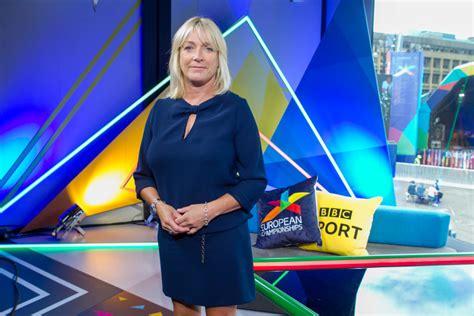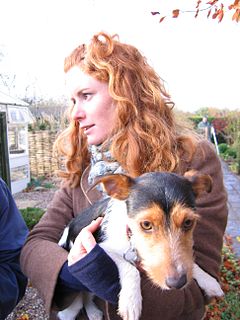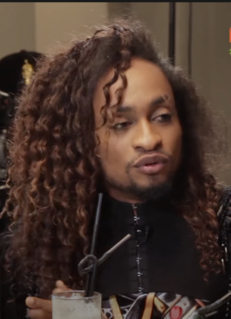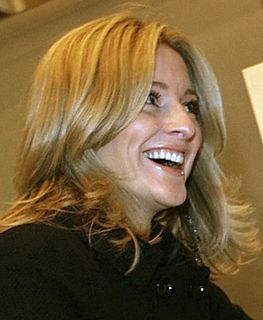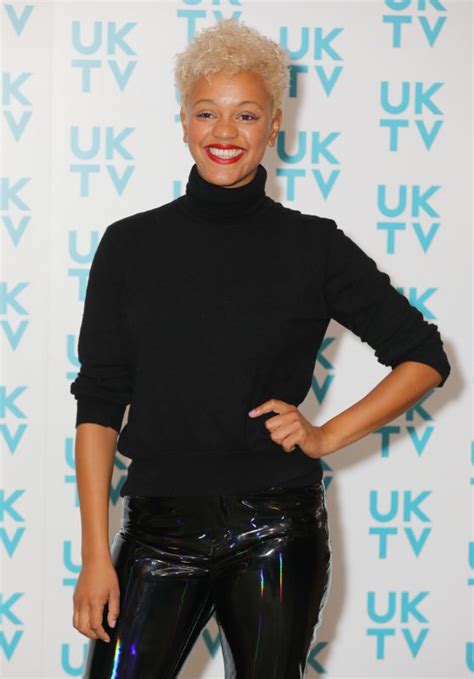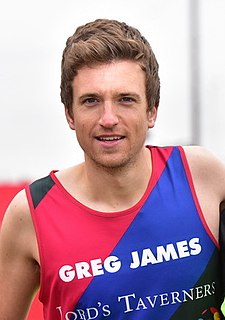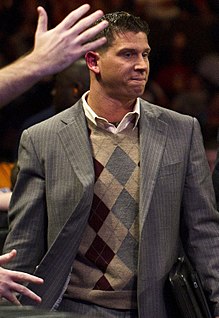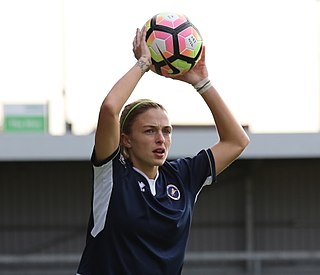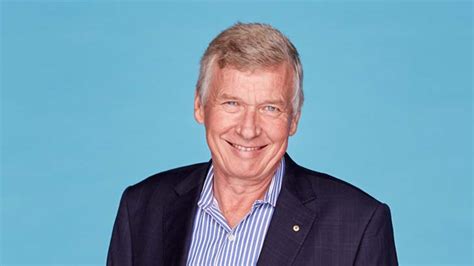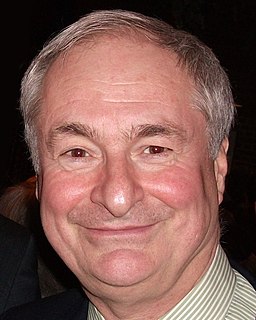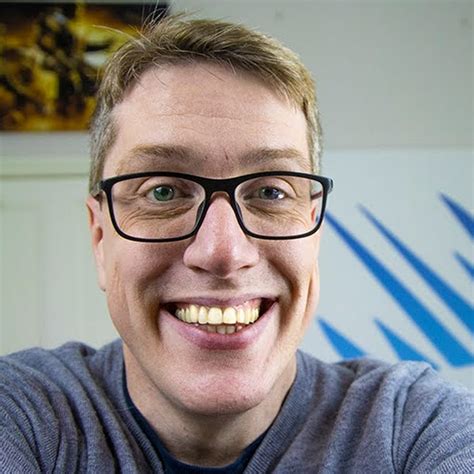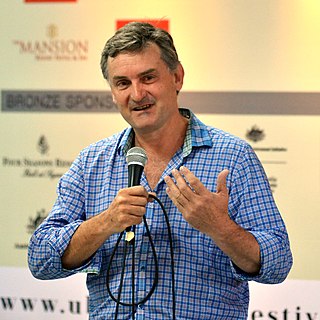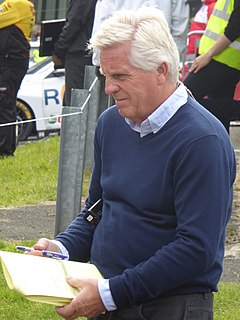Top 33 Quotes & Sayings by Jill Douglas
Explore popular quotes and sayings by a Scottish presenter Jill Douglas.
Last updated on April 14, 2025.
I don't know if other people have found it difficult relating to me, certainly that's not the feedback I've had. I don't think of myself particularly as a woman working in sport. I think of myself as a broadcaster, a journalist, and the right person for the job, regardless of whether I happen to be female or male.
If you've done your preparation and you know the team of people that you're working with, then it makes life an awful lot easier. I still get nervous all the time. I think the best thing to do is to take a deep breath, make it simple, know what you're talking about, don't try and be fancy, don't try and be clever and just enjoy the experience.
You've given it some thought, you've tried to prepare as well as you can, but you're reacting to what you see so you can't really prepare that much. It's purely live broadcasting which is very nerve-wracking but hugely rewarding. The game finishes and eventually, maybe an hour later, you're all finished.
At the other end of the scale I was there with a whole lot of young British athletes so I was getting to see them take their first steps on the international ladder. I'd like to think maybe in five years time I'll look back and I'll forget all about the lost luggage and I'll forget about the horrible hotel, but I'll remember these wonderful athletes stepping onto the track for the first time.
As long as I'm working in sport, enjoying it and getting to see some wonderful sporting events, I'm quite happy. I don't want to be really famous. I don't want people to stop me in the street. I want to just enjoy the work, work with lovely people, work on good quality sport and get to experience some more of these amazing moments.
I didn't go to university. They offered me a job as a junior reporter and I went off to work for the Southern Reporter. They sent me to college to do my NCTJ, which is a professional exam for journalists, and I started work as a print journalist purely because I was just a pest. They couldn't think of anything other than giving me a job to stop me hanging around.
I think it's something that you learn to deal with the more experienced you become. When I first presented live news, which was 12 years ago, I was very inexperienced and probably didn't deal with the pressure as well. I used to breathe very shallow when I was presenting and you could hear it in my voice and see it in my face.
I was always interested in sport. My family are big sports' fans. We always had all the locals round watching big sporting events. I wasn't particularly sporty myself. I played a lot of hockey and rode, still do ride, but I just had a general interest in it. When I was given the opportunity to do sport stories I used to grab them.
Leading up to a live event you need to do your homework and go to bed early. Sometimes it's very tempting to go out with everybody else, They're all going to a party or going out for a nice meal and you think 'oh well I'd like to go', but sometimes you think 'no, if I'm going to be sitting in front of a camera under a light in everybody's home tomorrow I don't want big bags under my eyes and not really know what I'm talking about'.
I'll have spent most of the day before the match doing some preparation. That's a little bit like studying for your exams. You need to know the personalities involved, what the stories are surrounding the game and how they've come into this game. You do a lot of preparation. I like to go in knowing more than I need.
